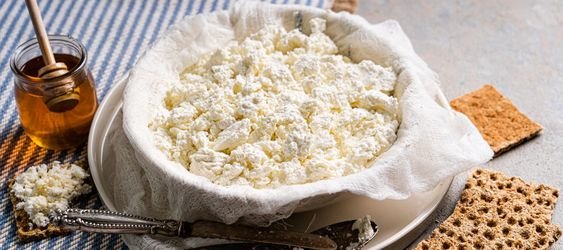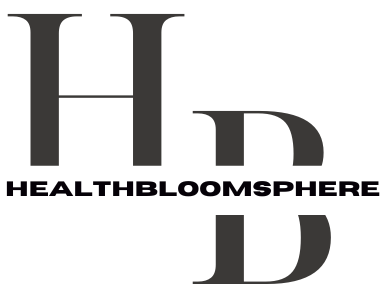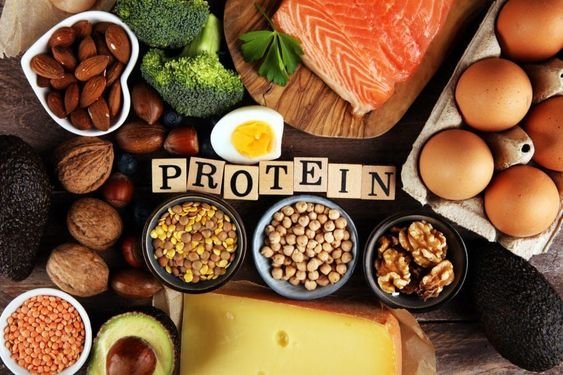
Lean protein refers to sources low in fat but rich in essential nutrients, making them ideal for supporting muscle growth, weight management, and overall wellness. These proteins—such as skinless poultry, fish, tofu, legumes, and eggs—are packed with amino acids that help build and repair muscle tissue, especially after exercise.
Including lean protein in your meals promotes satiety, helping control appetite and prevent overeating. This makes it easier to maintain or lose weight without feeling deprived. Additionally, lean proteins often provide key vitamins and minerals like B12, zinc, and omega-3s, which support immunity, heart health, and disease prevention.
With so many options available, lean protein is easy to incorporate into a balanced diet. Whether you prefer plant-based or animal sources, these 5 essential lean protein choices can boost your energy, enhance your meals, and contribute to a healthier lifestyle.
Chicken breast:
Skinless, boneless chicken breast is one of the most popular choices among the 5 essential lean protein sources for those aiming to eat healthier. This cut, taken from the breast area of the chicken, is naturally low in fat and high in protein, making it ideal for weight management, muscle building, and overall wellness.
Its low saturated fat content helps reduce the risk of heart disease, while its high protein supports muscle repair, immune function, and hormone production. Chicken breast is also a complete protein, offering all nine essential amino acids the body needs for tissue growth and recovery—especially important for active individuals and athletes.
Versatile and easy to cook, this lean protein can be grilled, baked, sautéed, or poached to fit a variety of dishes and tastes. It’s a budget-friendly, readily available option that fits well into most balanced meal plans.
Incorporating skinless, boneless chicken breast into your diet is a smart and simple way to enjoy the benefits of one of the 5 essential lean protein options and support your long-term health goals.
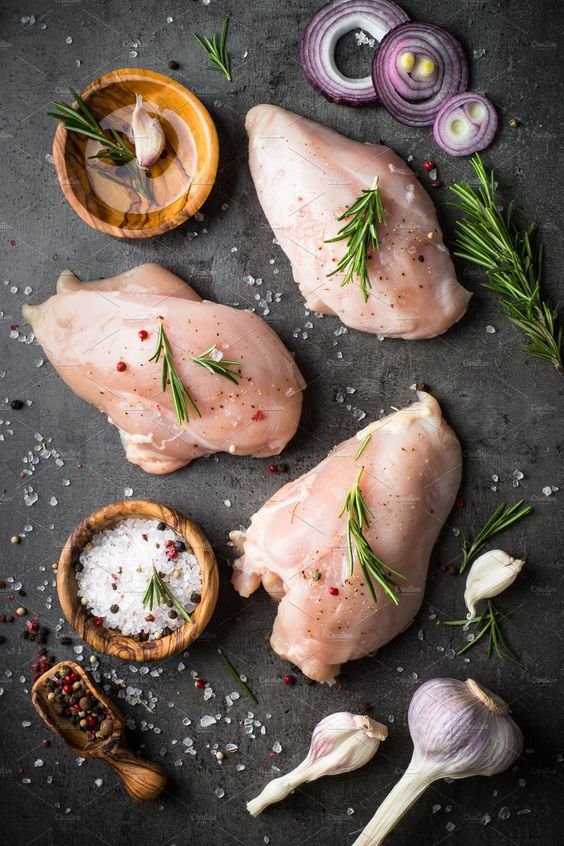
Fish:
Fish—especially varieties like cod, tilapia, and tuna—rank among the 5 essential lean protein sources that can significantly improve your diet and overall health. These fish are naturally low in saturated fat and provide high-quality lean protein, making them ideal for those looking to maintain a healthy weight, build muscle, and support long-term wellness.The lean protein in fish is complete, meaning it contains all nine essential amino acids your body needs for muscle repair, immune function, and hormone production. This makes fish an excellent option not only for athletes and fitness enthusiasts but also for anyone wanting to optimize their daily nutrition.
In addition to being a superb source of protein, fish are also rich in omega-3 fatty acids—healthy fats known to reduce inflammation, support heart health, and enhance brain function. While oily fish like salmon and sardines are highest in omega-3s, lean options like cod, tilapia, and tuna still offer beneficial amounts, making them a valuable part of a balanced diet.Regularly consuming fish helps improve cholesterol levels, lower blood pressure, and may even reduce the risk of chronic conditions such as heart disease and cognitive decline. Whether grilled, baked, or steamed, these lean protein options are versatile, delicious, and packed with nutrients that support a healthier lifestyle.
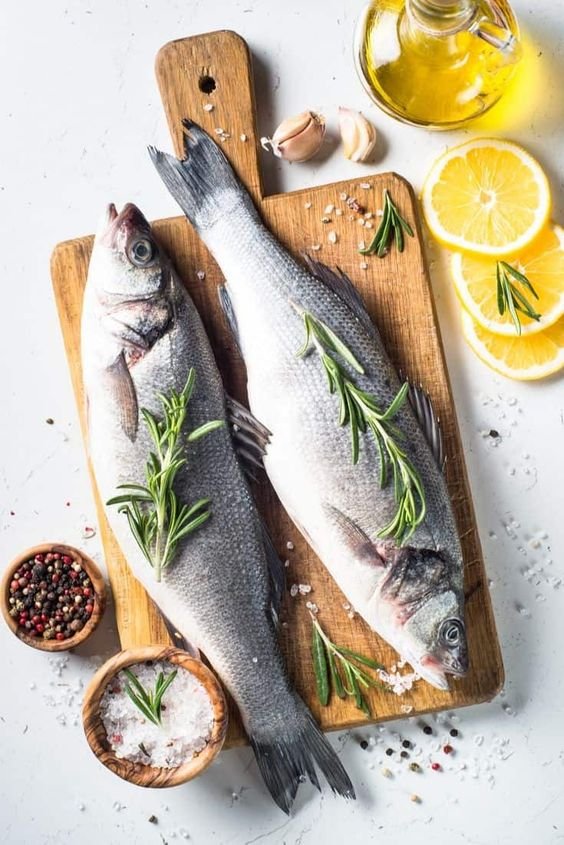
Lean Cuts of Beef
Lean cuts of beef—such as sirloin, tenderloin, and round steak—are among the 5 essential lean protein sources that combine rich flavor with a healthier nutritional profile. These cuts are significantly lower in fat compared to options like ribeye or T-bone, making them ideal for individuals who want to enjoy red meat while reducing saturated fat and calorie intake.The reason for their lower fat content lies in the part of the animal they come from. Sirloin and round steak are taken from the more active hindquarters, where the muscle is naturally leaner. Tenderloin, often considered the leanest cut, runs along the spine and contains minimal marbling, making it a favorite among health-conscious eaters. These active muscle areas produce beef that’s high in protein and essential amino acids but lower in fat, especially saturated fat.
In contrast, fattier cuts like ribeye or T-bone steak come from less active areas and tend to have more marbling. While this adds tenderness and flavor, it also increases fat and calorie content—something to be mindful of when aiming for heart health or weight control.Lean beef is not only a great source of high-quality protein but also provides vital nutrients like iron, zinc, and vitamin B12, all of which are important for muscle repair, red blood cell formation, and energy levels. Incorporating lean cuts of beef into your meal plan can support your fitness goals, help manage weight, and promote long-term health.
Whether grilled, baked, or broiled, these lean protein options offer versatility and nutritional value without sacrificing taste. By choosing lean cuts like sirloin, tenderloin, and round steak, you’re making a smart, balanced addition to your diet—perfect for anyone building meals around the 5 essential lean protein sources for a healthier lifestyle.
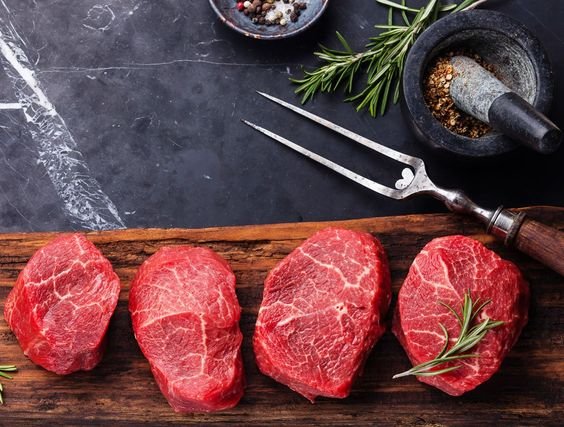
Eggs:
Eggs are widely recognized as a versatile and affordable source of protein that can be incorporated into a variety of dishes and meals. They are not only nutritious but also offer numerous culinary possibilities, making them a staple in many diets around the world. One of the key benefits of eggs is their high protein content. Protein is essential for building and repairing tissues, supporting muscle growth, and maintaining overall health. Consuming an adequate amount of protein is particularly important for those who lead active lifestyles or engage in regular exercise, as it helps support muscle recovery and development. While whole eggs are a nutritious choice, they also contain fat, primarily in the yolk.
For individuals looking to reduce their fat intake, opting for egg whites over whole eggs can be a favorable option. Egg whites are virtually fat-free and contain the majority of the egg’s protein content. By choosing egg whites, individuals can still benefit from the protein while minimizing their fat intake. Moreover, egg whites are incredibly versatile and can be incorporated into a wide range of dishes. They can be scrambled, poached, boiled, or used as an ingredient in various recipes such as omelets, frittatas, and baked goods. Their neutral flavor allows them to complement both savory and sweet dishes, making them a versatile ingredient in the kitchen. IN addition to their protein content, eggs are also a good source of essential vitamins and minerals. They contain nutrients such as vitamin B12, which is important for nerve function and energy production, as well as vitamin D, which plays a role in bone health and immune function.
Eggs also provide important minerals like iron, which is necessary for oxygen transport in the body, and selenium, which acts as an antioxidant and supports thyroid health. Furthermore, eggs are relatively inexpensive and widely available, making them an accessible source of nutrition for individuals of all socioeconomic backgrounds. Their affordability makes them a practical option for those looking to incorporate high-quality protein into their diets without breaking the bank. Overall, eggs offer a host of nutritional benefits, including their high protein content, versatility in cooking, and affordability. Whether enjoyed on their own or incorporated into various recipes, eggs are a valuable addition to any diet, providing essential nutrients to support overall health and well-being.

Greek yogurt:
Greek yogurt is a powerhouse among the 5 essential lean protein sources, thanks to its rich nutritional profile and impressive versatility. Originating from Mediterranean cuisine, Greek yogurt is made through a straining process that removes whey, resulting in a thicker texture and significantly higher protein content compared to regular yogurt. In fact, Greek yogurt typically contains twice the protein of traditional yogurt, making it a smart choice for anyone looking to boost their daily protein intake without adding excess fat. This protein-dense food is also lower in fat due to the straining process, making it a lean protein option perfect for weight management, muscle building, or simply enhancing your overall diet quality. It’s a favorite among athletes, health-conscious individuals, and those on high-protein or low-fat meal plans.
Beyond its health benefits, Greek yogurt is incredibly versatile. You can enjoy it plain, sweetened with fruit or honey, or use it as a creamy, high-protein base in smoothies, sauces, dips, or even baked goods. Its rich taste and texture make it a satisfying addition to both sweet and savory dishes. Incorporating Greek yogurt into your diet is an easy and delicious way to reap the benefits of lean protein, making it a top pick in any list of 5 essential lean protein sources for a balanced and healthy lifestyle.
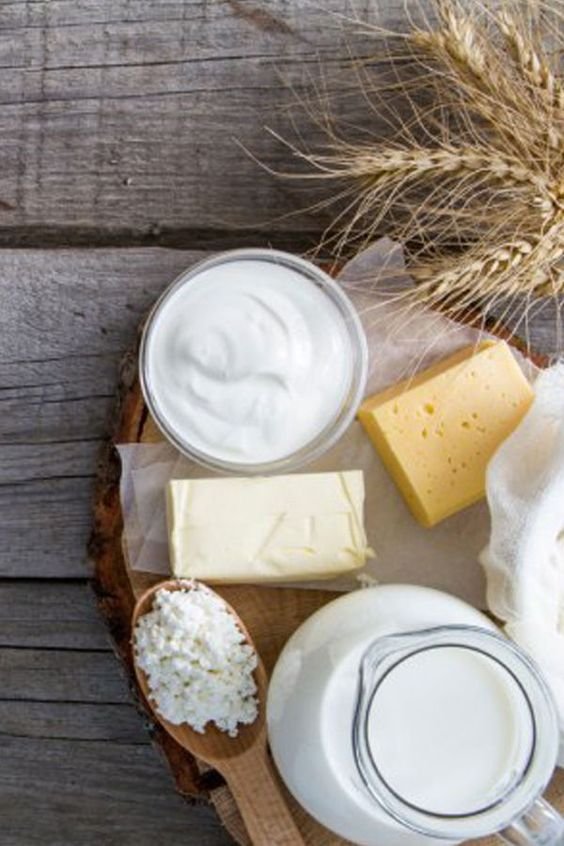
Cottage cheese:
Cottage cheese earns its place among the 5 essential lean protein sources for its impressive nutritional profile and incredible versatility. Made by curdling milk with an acidic agent such as lemon juice or vinegar, cottage cheese boasts a signature lumpy texture and mild flavor that complements a variety of dishes.One of its standout qualities is its low fat content, especially when compared to other cheeses that are often high in saturated fats. This makes cottage cheese an ideal choice for individuals aiming to reduce fat intake while still enjoying dairy. It’s especially suitable for those on low-fat diets or working toward weight management goals.
Even more remarkable is its high protein content, which supports muscle growth, repair, and satiety. The protein in cottage cheese helps you stay fuller for longer, reducing the likelihood of overeating—an essential aspect of any balanced nutrition plan. This makes it particularly beneficial for athletes, fitness enthusiasts, or anyone focusing on lean protein intake to meet their health goals.Cottage cheese also delivers key nutrients such as calcium, phosphorus, vitamin B12, and riboflavin—all vital for bone health, energy production, and cellular function. Its nutrient density makes it a powerful yet simple addition to any meal plan.
Another reason cottage cheese shines among the 5 essential lean protein sources is its culinary flexibility. Enjoy it as a standalone snack, blend it into smoothies, top it on salads, mix it into pancake batters, or pair it with fruit for a balanced breakfast. Its mild flavor adapts effortlessly to both sweet and savory dishes.Incorporating cottage cheese into your daily meals is a smart, delicious way to meet your protein needs, maintain energy levels, and support overall wellness. Whether you’re aiming to build muscle, lose weight, or simply eat healthier, this humble dairy product is a lean protein powerhouse.
